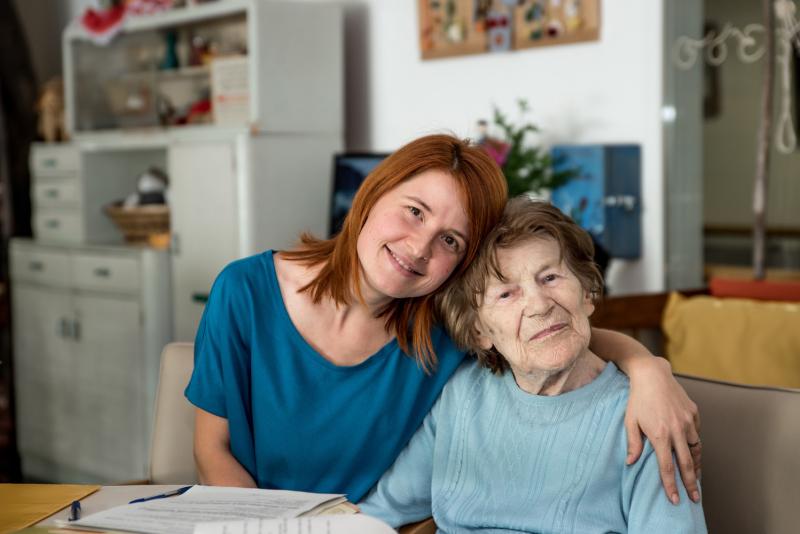Resources
Explore resources from a range of sources across the aged care sector - including government, research, academic and practice-based materials - curated by ARIIA to support evidence-informed practice and innovation.
Showing

Food, dining and nutrition webinar: Swallowing, texture-modified diets and nutrition
The final webinar of three by the Australian Government Aged Care Quality and Safety Commission discussing food, dining and nutrition in aged care with a focus on swallowing difficulties and texture modification. 1 h

Analysis of a survey of food and dining experiences in residential aged care services
A report provided by the Australian Government Aged Care Quality and Safety Commission outlining the importance of food and dining experiences to resident's health and wellbeing, providing themes from survey responses on what aspects of current food and dining experiences residents value and which areas could use improvement.

Food and drink in your aged care home: Your right to choose and take risks
This poster published by the Australian Government Aged Care Quality and Safety Commission defines resident's rights to take risks regarding food preferences and what support to expect from their providers.

Four clinical governance rabbit holes to avoid
Aged care can shorten development time and increase implementation effectiveness by learning from the previous experiences of the healthcare sector's clinical governance pathways. In this blog, the Australasian Institute of Clinical Governance details four key clinical governance implementation 'rabbit holes', highlighting how stepping over or around these holes can help aged care reduce clinical governance evolution time and increase positive point of care impact.

What is person centred care?
This information sheet from the Australian Government Aged Care Quality and Safety Commission provides a short guide for older people and family on how they can receive person-centred care from their care providers.

Culturally Inclusive Aged Care Practice Guides
This webpage from the Centre for Cultural Diversity in Ageing provides a suite of resources for managers and staff to practice cultural inclusivity when providing aged care services to older people.

Aged Care Diversity Framework action plans
This webpage from the Department of Health and Aged Care provides a collection of documents addressing the needs of older Aboriginal and Torres Strait Islander peoples, senior Australians from CALD backgrounds and LGBTI elders.

Seniors Connected Program
This webpage from the Department of Social Services describes the Seniors Connected Program. The program aims to address social isolation and loneliness among older Australians. The page links to a variety of programs and services to facilitate social connection.

Creating Opportunities Together
The ASPIRE website describes social prescribing, who it is for, what are the benefits, how it works and research conducted in the area. Anyone can register and become a member.

A toolkit on how to implement social prescribing
This toolkit from the World Health Organisation describes the steps to implement social prescribing scheme and includes examples of materials, which can be adapted to the local context.